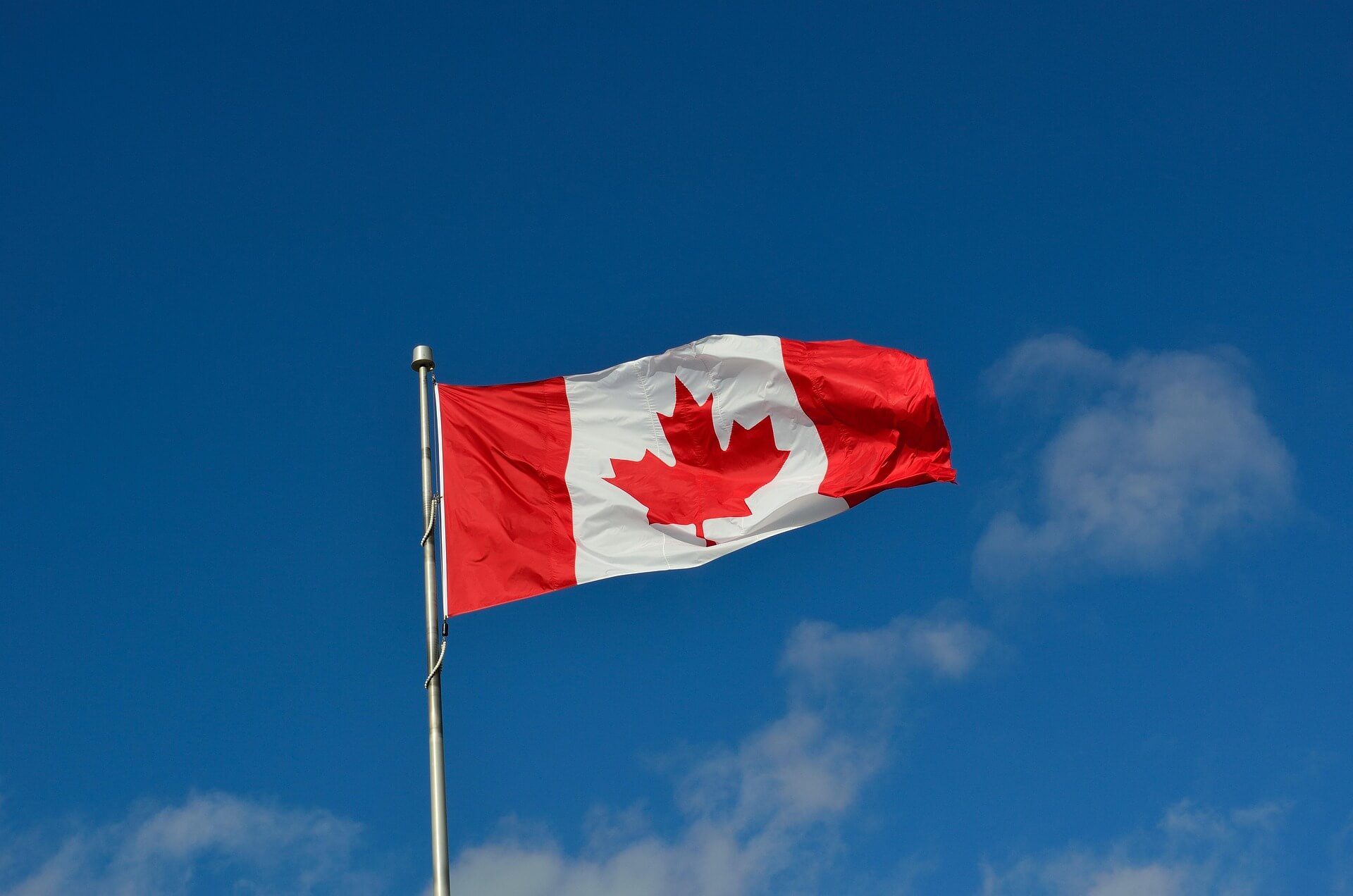WARNING: This product contains nicotine.
Nicotine is an addictive chemical.
WARNING: This product contains nicotine.
Nicotine is an addictive chemical.
WARNING: This product contains nicotine.
Nicotine is an addictive chemical.
What is TPD Compliance?
What is TPD Compliance?
Discoveries
Discoveries
Dec 6, 2024
Dec 6, 2024
by
by
Kareena
Kareena
TPD compliance refers to adherence to the regulations outlined in the Tobacco Products Directive (TPD), a European Union (EU) framework that governs the production, presentation, and sale of tobacco and related products, including e-cigarettes and e-liquids. These regulations are designed to protect consumer safety, ensure product quality, and promote transparency in the vaping industry. For manufacturers and suppliers, achieving TPD compliance is essential to market their products legally within the EU.
TPD compliance refers to adherence to the regulations outlined in the Tobacco Products Directive (TPD), a European Union (EU) framework that governs the production, presentation, and sale of tobacco and related products, including e-cigarettes and e-liquids. These regulations are designed to protect consumer safety, ensure product quality, and promote transparency in the vaping industry. For manufacturers and suppliers, achieving TPD compliance is essential to market their products legally within the EU.



Understanding the Tobacco Products Directive
What is the TPD?
The Tobacco Products Directive (2014/40/EU) is an EU regulation introduced in 2014 and enforced since May 20, 2016. It replaced earlier directives to address new challenges in the tobacco and vaping industries, reflecting the growth of e-cigarettes and e-liquids in the marketplace.
Key Objectives of the TPD
Consumer Safety: Mandates testing and labeling to ensure products are free from harmful substances.
Public Health Protection: Aims to reduce tobacco consumption and nicotine addiction rates.
Standardization Across the EU: Harmonizes regulations across member states to simplify compliance for businesses.
Who Does the TPD Affect?
The TPD applies to all businesses producing, distributing, or selling tobacco-related products, including e-cigarettes and e-liquids, within the EU. This includes manufacturers, importers, and retailers, who must ensure their products comply with the directive.
Key Components of TPD Compliance
To comply with TPD regulations, products must meet the following requirements:
1. Packaging and Labeling Standards
Health Warnings: Packaging must display clear health warnings covering at least 30% of the pack's surface.
Ingredient Transparency: A detailed list of ingredients and their quantities is required.
Prohibited Claims: Packaging cannot make misleading claims about the product's safety or benefits.
2. Restrictions on E-Liquids
Nicotine Strength Limits: Maximum allowable nicotine concentration is 20 mg/mL.
Bottle Size Limits: Nicotine-containing e-liquids cannot be sold in bottles larger than 10 mL.
Additive Restrictions: Certain additives like caffeine and taurine are banned.
3. Vaping Device Specifications
Tank Capacity: Tanks and pods must not exceed 2 mL in size.
Childproofing: Devices must feature childproof and tamper-resistant mechanisms.
Emissions Testing: Devices must pass emissions tests to confirm safety.
4. Product Notifications
Manufacturers and importers must submit detailed product information through the EU Common Entry Gate (EU-CEG), including:
Full ingredient lists.
Toxicological data for each ingredient.
Proof of product safety testing.

Steps to Achieve TPD Compliance for Manufacturers
Understand the Regulations
Familiarize yourself with all aspects of the TPD and any additional national regulations in your target markets within the EU.Product Testing
Conduct laboratory tests to ensure that your e-liquids and devices comply with restrictions on nicotine levels, ingredients, and emissions.Design Compliance
Update product designs to meet TPD requirements, such as tank sizes, childproofing features, and appropriate packaging.Prepare Documentation
Collect all necessary documentation, including ingredient details, safety data sheets, and toxicological assessments.Submit Notifications
File your products with the EU-CEG, ensuring you provide accurate and complete information.Update Marketing Materials
Review and update all product advertising and labeling to comply with TPD standards, avoiding any prohibited claims or misleading information.Conduct Ongoing Audits
Continuously monitor your products and manufacturing processes to ensure ongoing compliance, especially as regulations evolve.
Conclusion
TPD compliance is a critical step for any business operating in the vaping industry within the EU. By adhering to these regulations, manufacturers can ensure product safety, maintain consumer trust, and secure their place in the competitive European market. At Atom, we are proud to offer products that are fully compliant with TPD requirements, demonstrating our commitment to quality and safety. For inquiries or to explore our product offerings, feel free to contact us at e-liquids@hangsen.com.
Understanding the Tobacco Products Directive
What is the TPD?
The Tobacco Products Directive (2014/40/EU) is an EU regulation introduced in 2014 and enforced since May 20, 2016. It replaced earlier directives to address new challenges in the tobacco and vaping industries, reflecting the growth of e-cigarettes and e-liquids in the marketplace.
Key Objectives of the TPD
Consumer Safety: Mandates testing and labeling to ensure products are free from harmful substances.
Public Health Protection: Aims to reduce tobacco consumption and nicotine addiction rates.
Standardization Across the EU: Harmonizes regulations across member states to simplify compliance for businesses.
Who Does the TPD Affect?
The TPD applies to all businesses producing, distributing, or selling tobacco-related products, including e-cigarettes and e-liquids, within the EU. This includes manufacturers, importers, and retailers, who must ensure their products comply with the directive.
Key Components of TPD Compliance
To comply with TPD regulations, products must meet the following requirements:
1. Packaging and Labeling Standards
Health Warnings: Packaging must display clear health warnings covering at least 30% of the pack's surface.
Ingredient Transparency: A detailed list of ingredients and their quantities is required.
Prohibited Claims: Packaging cannot make misleading claims about the product's safety or benefits.
2. Restrictions on E-Liquids
Nicotine Strength Limits: Maximum allowable nicotine concentration is 20 mg/mL.
Bottle Size Limits: Nicotine-containing e-liquids cannot be sold in bottles larger than 10 mL.
Additive Restrictions: Certain additives like caffeine and taurine are banned.
3. Vaping Device Specifications
Tank Capacity: Tanks and pods must not exceed 2 mL in size.
Childproofing: Devices must feature childproof and tamper-resistant mechanisms.
Emissions Testing: Devices must pass emissions tests to confirm safety.
4. Product Notifications
Manufacturers and importers must submit detailed product information through the EU Common Entry Gate (EU-CEG), including:
Full ingredient lists.
Toxicological data for each ingredient.
Proof of product safety testing.

Steps to Achieve TPD Compliance for Manufacturers
Understand the Regulations
Familiarize yourself with all aspects of the TPD and any additional national regulations in your target markets within the EU.Product Testing
Conduct laboratory tests to ensure that your e-liquids and devices comply with restrictions on nicotine levels, ingredients, and emissions.Design Compliance
Update product designs to meet TPD requirements, such as tank sizes, childproofing features, and appropriate packaging.Prepare Documentation
Collect all necessary documentation, including ingredient details, safety data sheets, and toxicological assessments.Submit Notifications
File your products with the EU-CEG, ensuring you provide accurate and complete information.Update Marketing Materials
Review and update all product advertising and labeling to comply with TPD standards, avoiding any prohibited claims or misleading information.Conduct Ongoing Audits
Continuously monitor your products and manufacturing processes to ensure ongoing compliance, especially as regulations evolve.
Conclusion
TPD compliance is a critical step for any business operating in the vaping industry within the EU. By adhering to these regulations, manufacturers can ensure product safety, maintain consumer trust, and secure their place in the competitive European market. At Atom, we are proud to offer products that are fully compliant with TPD requirements, demonstrating our commitment to quality and safety. For inquiries or to explore our product offerings, feel free to contact us at e-liquids@hangsen.com.
Share article
Share article
CONTINUE READING
CONTINUE READING
Join to receive our latest offers!
Copyright © 2024 ATOM. All rights reserved.
Join to receive our latest offers!
Copyright © 2024 ATOM. All rights reserved.
Join to receive our latest offers!
Copyright © 2024 ATOM. All rights reserved.








